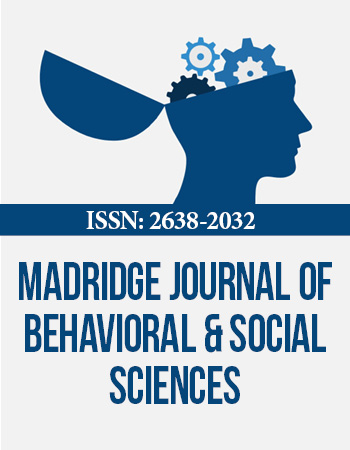International Conference on Alzheimerʼs Disease & Associated Disorders
May 7-9, 2018 Rome, Italy
Potential Gene, Drugs and Stem Cell Therapy at Critical Period in Alzheimerʼs Disease Mice
Neuroscience Research Institute of Gachon University, Korea
Alzheimerʼs disease (AD) is characterized by the accumulation of amyloid plaques and neurofibrillary tangles accompanied by cognitive dysfunction. To investigate the regulatory genes responsible for the neuropathology in AD, we performed microarray analysis in APPV717I-CT100 transgenic mice and isolated the S100a9 gene. These results clearly show that the upregulation of S100a9 gene plays an important role in the neuropathology and memory impairment in AD, suggesting that the regulation of this gene has a therapeutic potential for AD. We found that Dehydroevodiamine×HCI (DHED), Carboxy DHED, Minocycline BT11 and SF-6 had neuroprotective, memory or motor enhancing activities using various in vitro and in vivo models. DHED might be one of the potential therapeutic candidates for AD. We also examined whether intracerebrally or intravenously transplanted human adipose-derived stem cells (hASCs) could have therapeutic or preventive effects in AD/PD mice model. We demonstrated that intracerebral or intravenous injection of hASCs rescued memory deficit and gave benefits of blocking the pathogenesis in the brain of Tg mice by reducing the number of plaques and neuropathology. Hence, we demonstrated that hASCs are expected to be preventive and therapeutic approach for AD & PD. However, the optimal stage of the disease for stem cell transplantation to have a therapeutic effect has yet to be determined. Overall this study underscores that stem cell therapy at optimal time frame is crucial to obtain maximal therapeutic effects that can restore functional deficits or stop the progression of AD & PD.
Biography:
Professor Yoo-Hun Suh is now Chaired Professor and President of the Neuroscience Research Institute of Gachon University. He was the founding president of Korea Brain Research Institute. He won Koreaʼs Most Distinguished Scientist Award, the National Government Medals and other many prizes. He was selected one of 20 outstanding Korean Medical Scientists and one of 21 outstanding Korean Scholars of the 21st Century. He is an editor and editorial board member for 6. He first cloned the gene for epinephrine synthesizing enzyme, PNMT and has greatly contributed to the discovery of a new potential gene and factors for AD, the development of potential stem cell and drugs for AD and PD.


